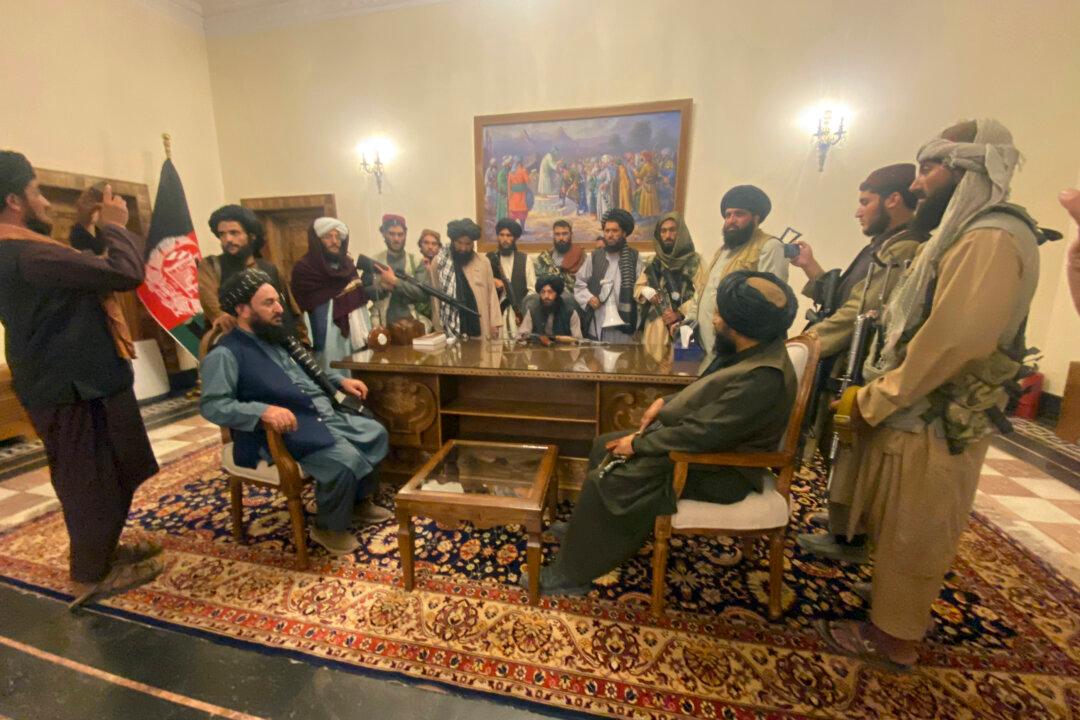Commentary
The collapse of the government of Afghanistan on Aug. 15 was a disaster for the Biden administration, but it set the stage for the new Central Asian regional competition between China, Russia, and India.

The collapse of the government of Afghanistan on Aug. 15 was a disaster for the Biden administration, but it set the stage for the new Central Asian regional competition between China, Russia, and India.